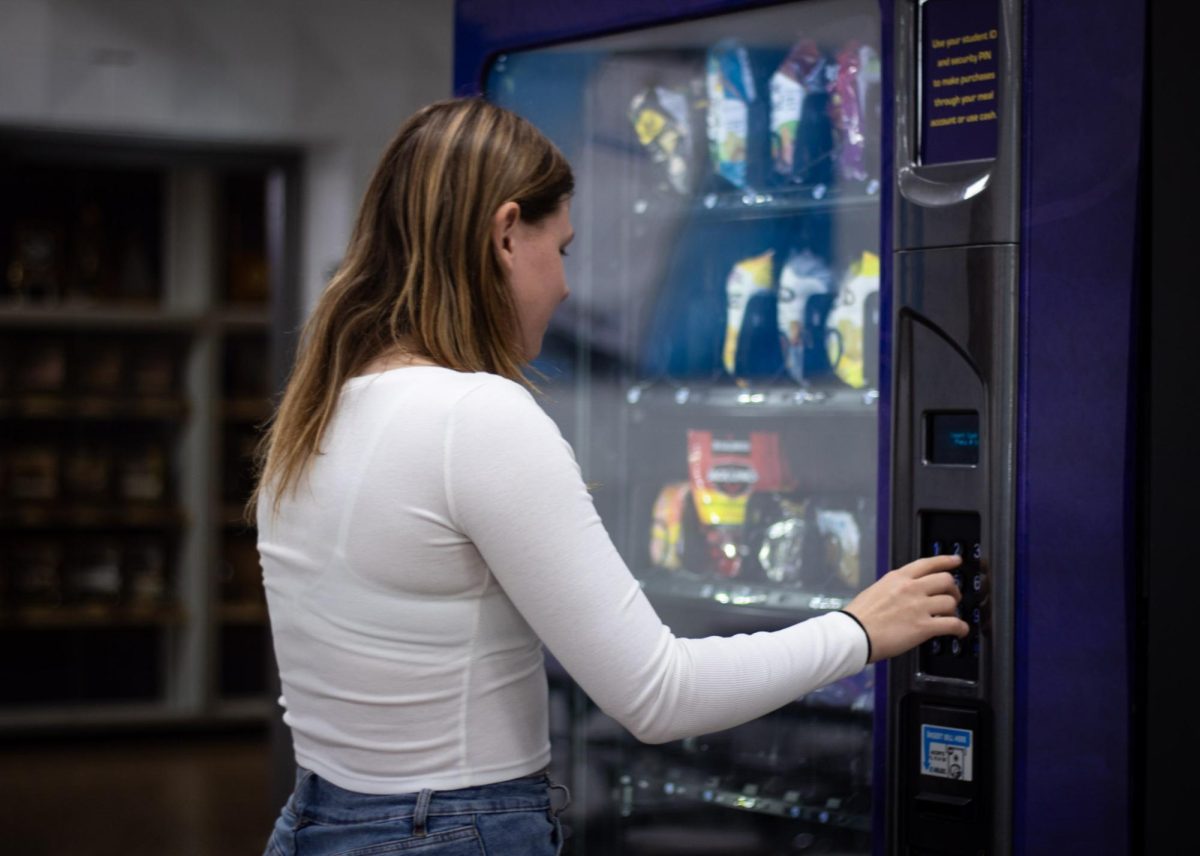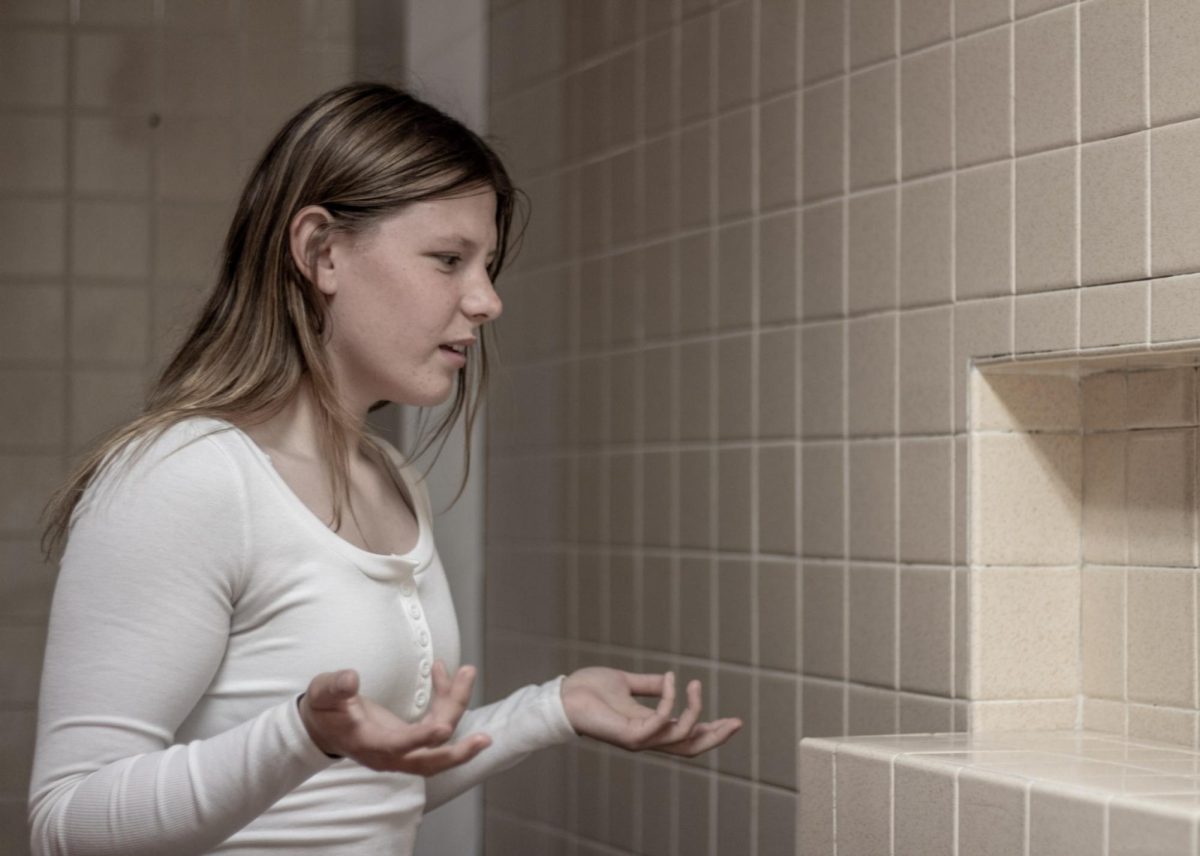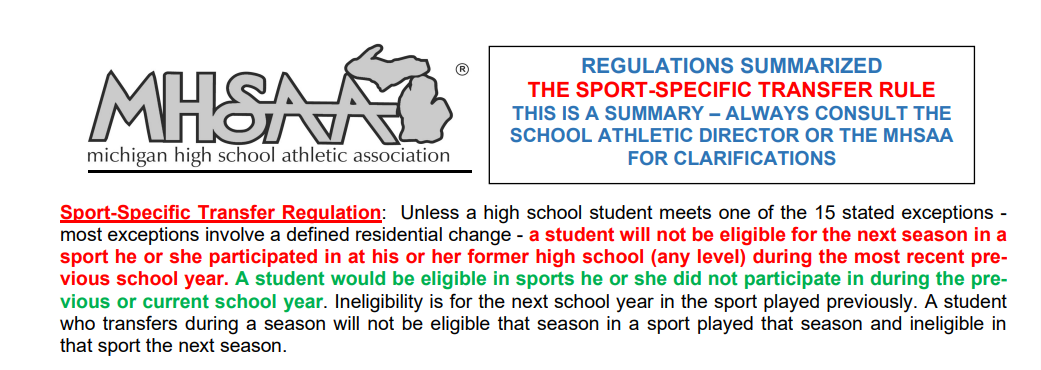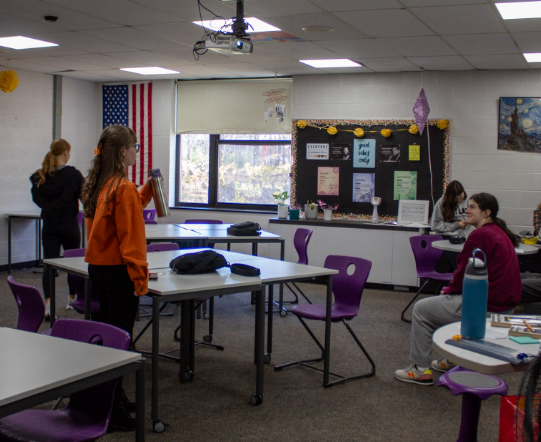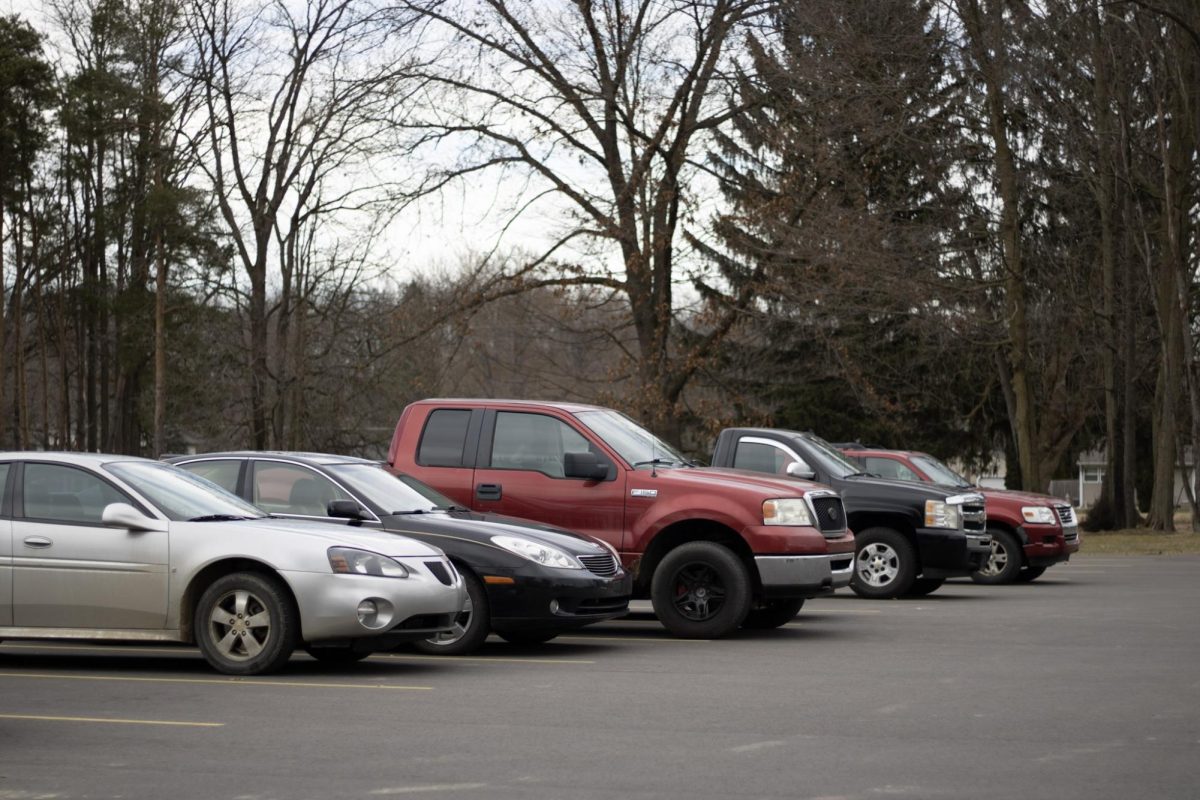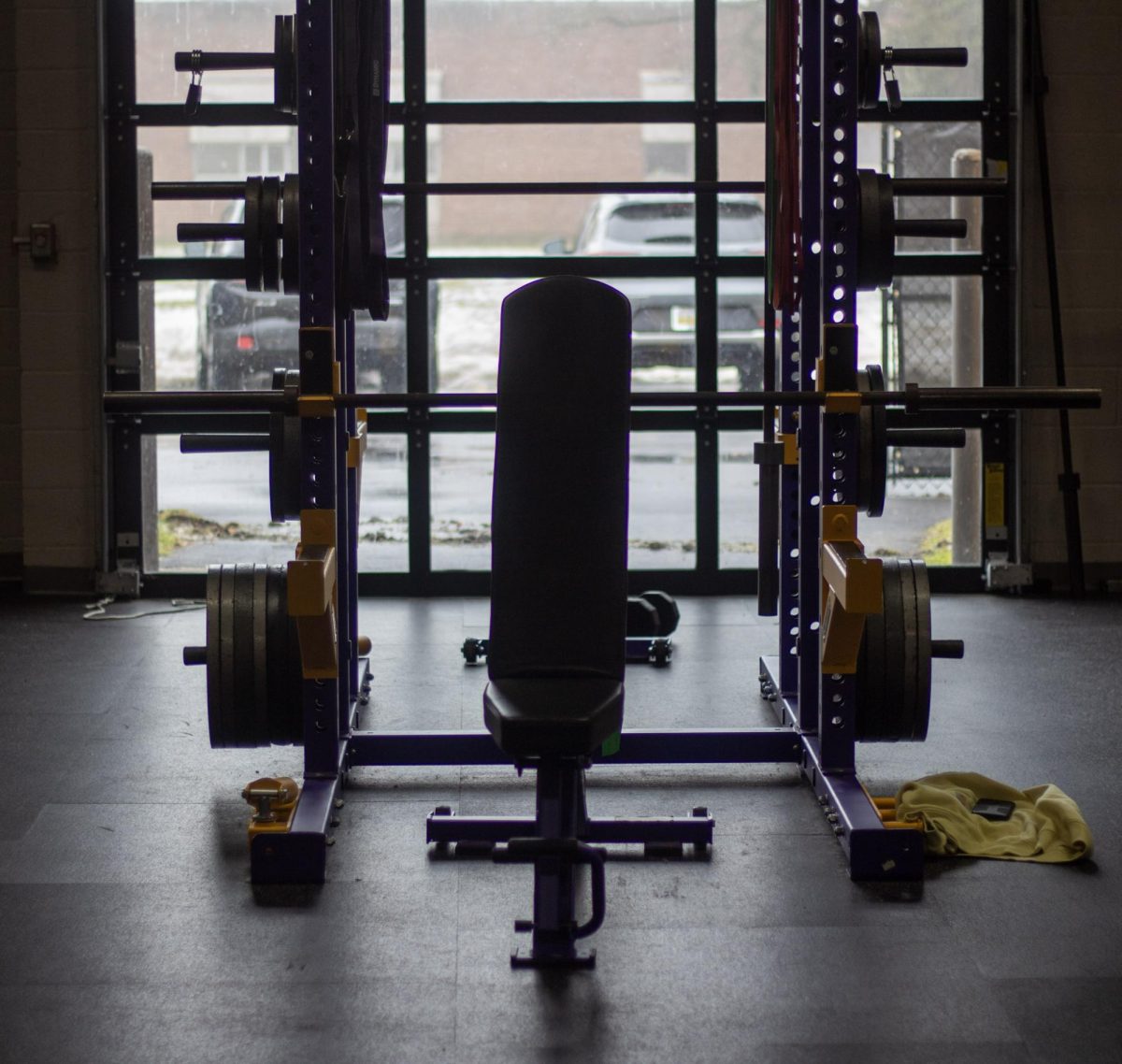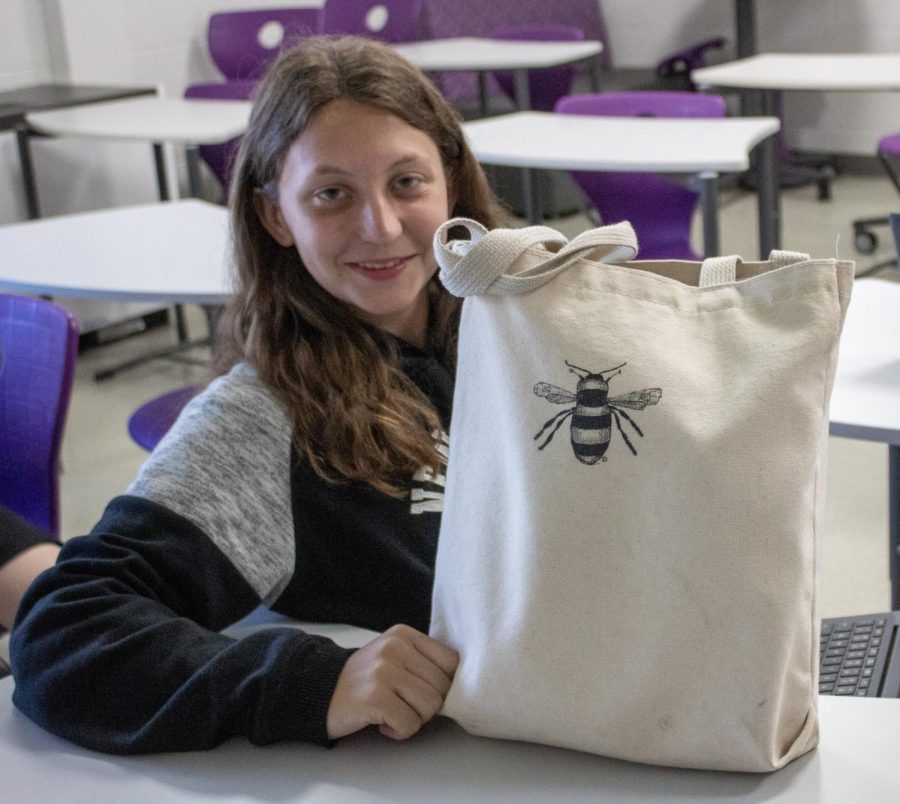Changes can be hard for everybody, but sometimes, they are for the good. Students share their thoughts on what should be added or changed for the next school year, which can get controversial.
Technology has transformed the scene. Smartboards are where chalkboards used to be, tablets and laptops are the new notebooks, and you can turn in your homework with a click instead of walking to the teacher’s desk. Saniya Newton shares her thoughts about changing the teaching method virtually all the time. “There should be an outdoor class where students can do their classwork in nature or just outside in general. Some students learn better moving around than just sitting in the classwork on their computers all the time. It would be better for students and their academic grades overall.” Spending time in nature can boost physical and mental well-being. Studies have shown that it can reduce stress, improve focus, and enhance overall mood. So, an outdoor classroom can create a positive and healthy learning environment.
Another change many students hope to see is the vending machine. We understand why students might think vending machines should be cheaper in schools. They’re often seen as a convenient option for students to grab a quick snack or drink during the day. Making them more affordable could make them more accessible to students who may not have much money to spend. Lowering the prices of school vending machines could also promote healthier choices. If healthier options like fruits, veggies, or low-sugar drinks were made more affordable, students might be more inclined to choose those over less nutritious options. It could encourage better eating habits and overall well-being. Jordyan Metcalf shares, “Something I wish the school would change is the prices in vending machines. The drinks or foods in the vending machines are overpriced. An ice drink is 3 dollars when I could literally get it for one dollar at some other store like Walmart. We also need new vending machines where they take cards. It makes it easier for some people to buy what they want.”
It’s important to consider that schools often have contracts with vending machine companies, and the prices are usually set by those companies. They have to cover their costs and make a profit, too. But hey, it’s always good to have conversations about making healthy choices more affordable and accessible, right?
Now to the very controversial one: FLEX DAY. Almost all Concord students wish for FLEX DAY to come back. This school year, Seminar was introduced, and students were skeptical and had strong opinions about it, mainly how they dislike seminars and wish to bring FLEX Wednesday back.
Newton shares how beneficial Flex Days is and how she prefers it over Seminar. “Kids in Seminar don’t even do their work. Whenever I tell my friends to do something, they always mention how they don’t have enough time to get it done. I think Flex Days would be better to have because kids can actually get their work done and take their time to finish and not rush to get it done. A decent number of people took advantage of it last year and didn’t do their work, but if you think about it, it’s still happening right now, and it’s probably worse.” Saniya Newton talks about her ideas on what to do with kids who will take advantage of Flex Day if it comes back: “Put them kids in detention or after-school detention. If they are not doing their work during Flex Day and are failing, make them stay after school or something. Flex Day helped me and many other students, and they should REALLY bring it back. Just because some students decide not to do their work doesn’t mean to take Flex Day away from everybody else.”
Mr. Buck shares a similar idea, “I think there should be at least half a day dedicated to Flex Day. Last year’s Flex Day was too long, and students procrastinated more. But in Seminar, since it’s so short, students don’t have time to finish their work, so they don’t bother to start working. I think there should still be some sort of Seminar and have Flex Day for at least half the day.”
Kenjayna Reeves shares how there should be more electives to choose from. “Honestly, they should add cooking classes or something. The students in cooking class can also cook for lunch since many people don’t like school lunches. We should also be able to use DoorDash. A lot of people hate eating school lunches and prefer to buy their own food rather than starve.”
Many schools have policies regarding food delivery during school hours. These policies typically ensure the safety and security of students and minimize disruptions in the learning environment. So, it’s important to follow the rules set by the school.
Schools need to provide feminine products. Access to menstrual products is a matter of basic hygiene and dignity for menstruating students. Providing these products in schools ensures students can manage their periods without barriers or embarrassment. Last year, feminine products were provided but were poorly used as girls vandalized the restrooms and took advantage of the free products supplied for them. Girls can’t get free products from restrooms, which is wrong. Many schools provide it, so why can’t we? We need to educate girls not to misuse feminine products. Metcalf shares her feelings towards not having free feminine for girls. “We need these products, and there could be students who cannot afford one, so adding tampons or pads in the restroom can help them and other girls. I hate going to the restroom and not seeing a box of feminine products given to us like other schools do.”
Of course, not all changes are perfect, and it’s essential to consider and evaluate the potential impact of any changes carefully. But overall, embracing positive changes in schools can lead to better education, happier students, and a more vibrant learning community.

